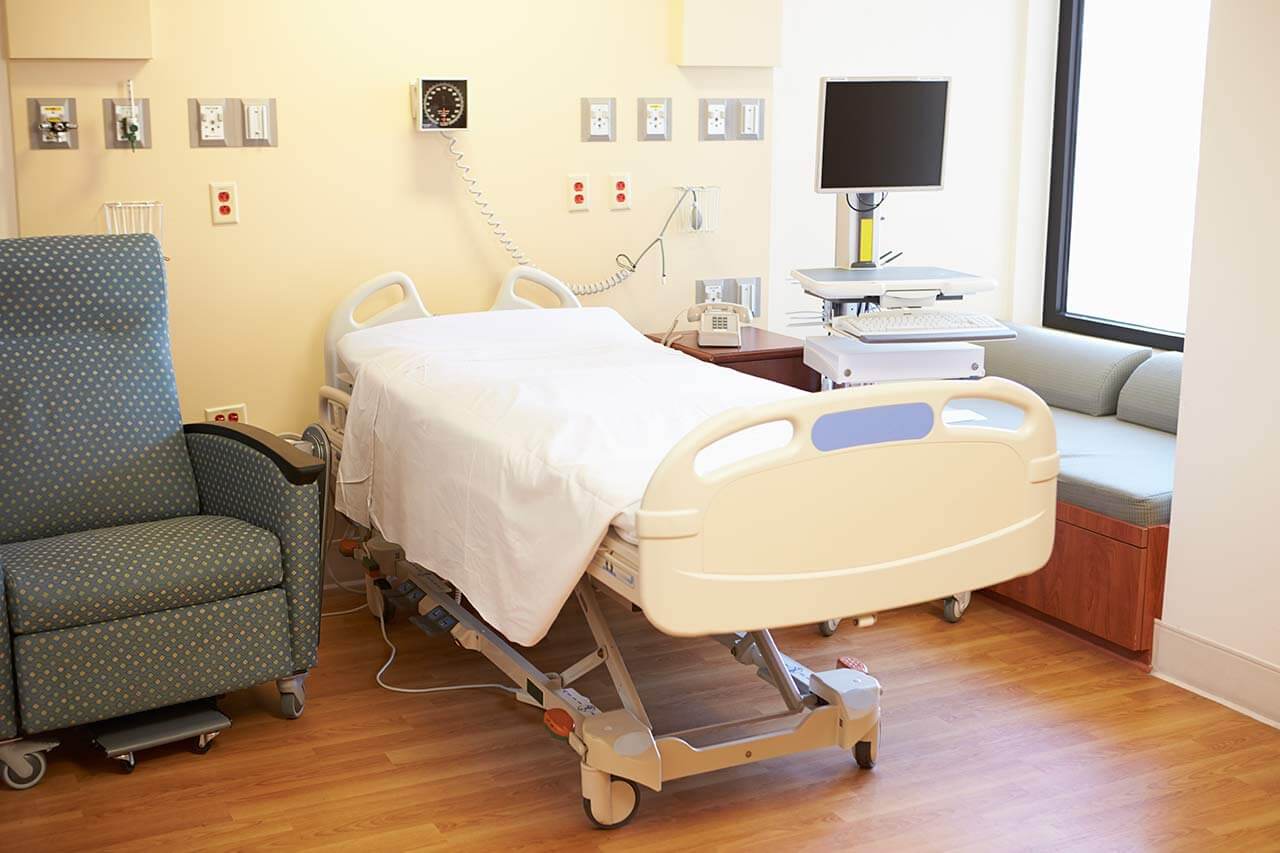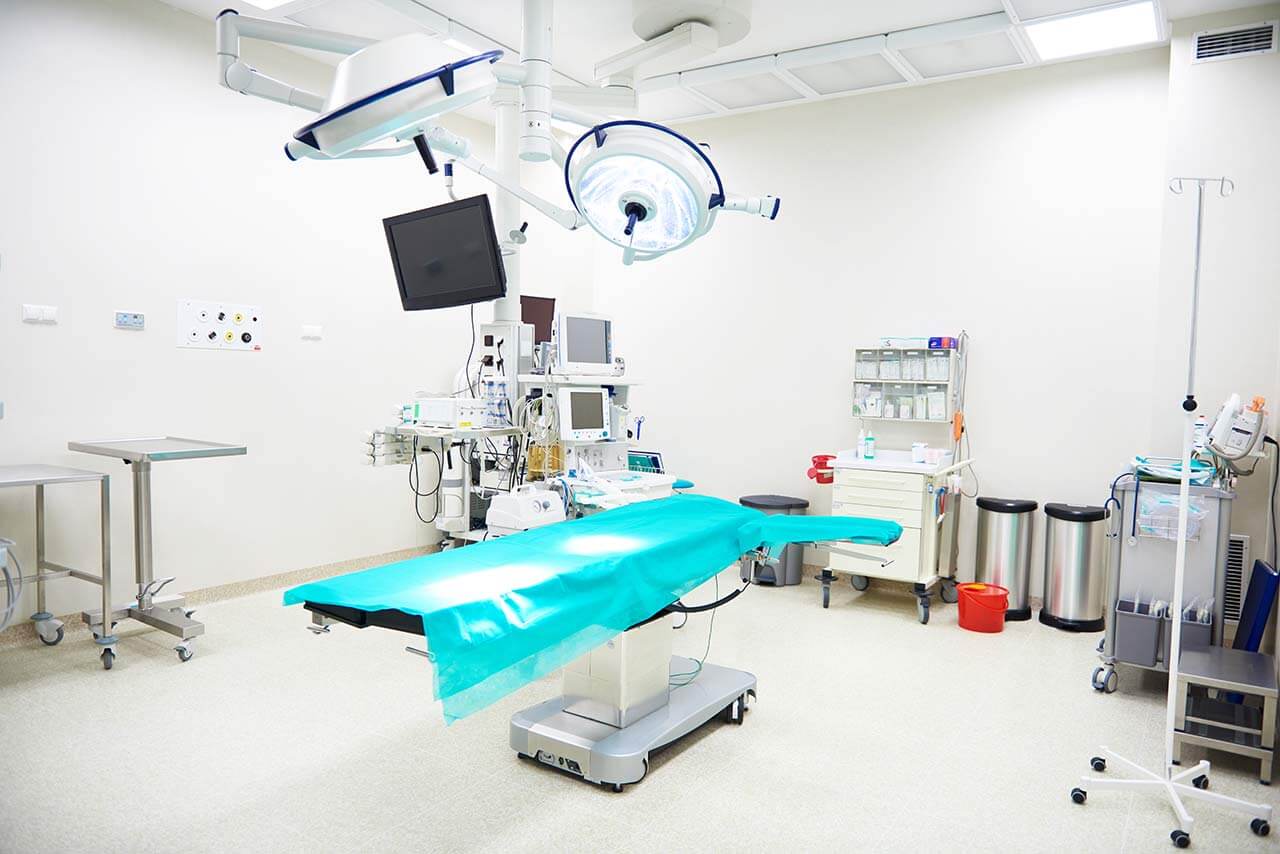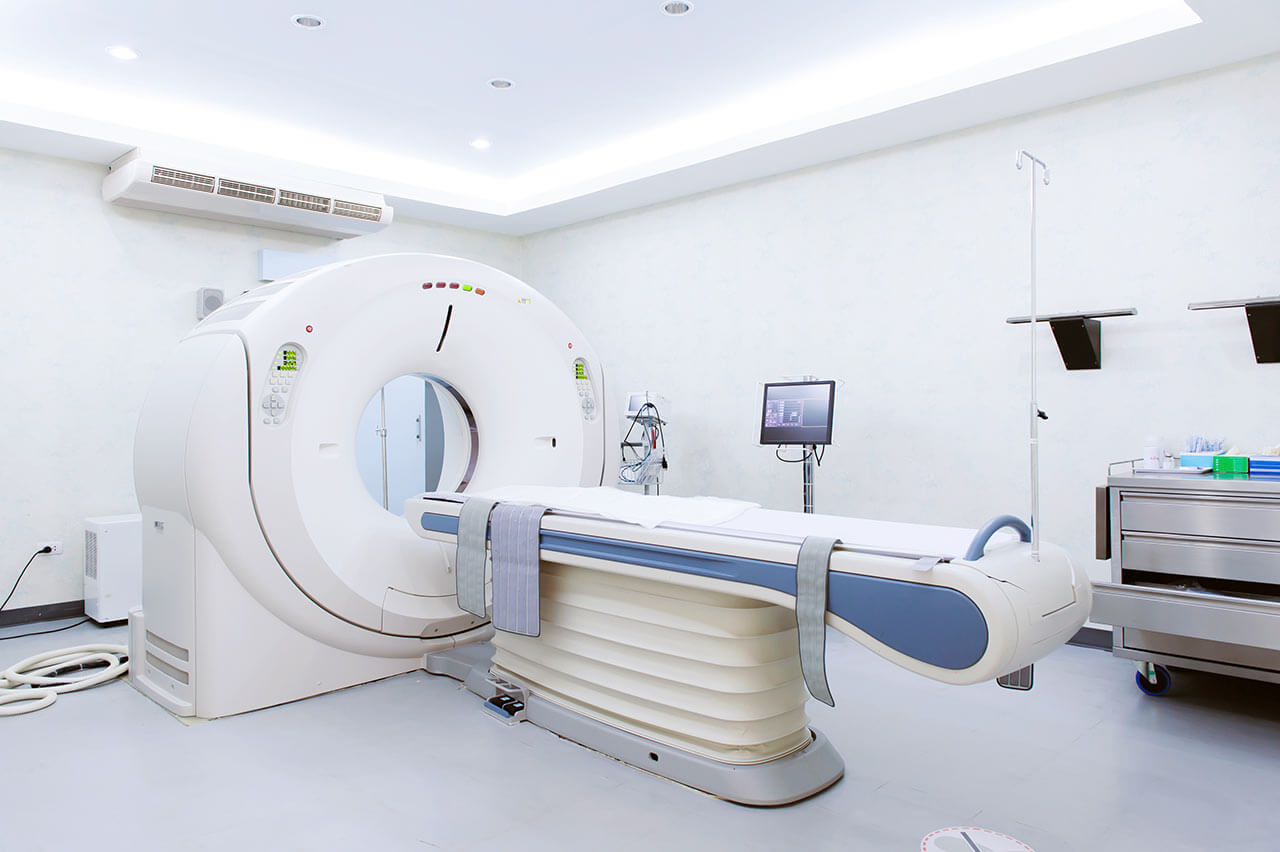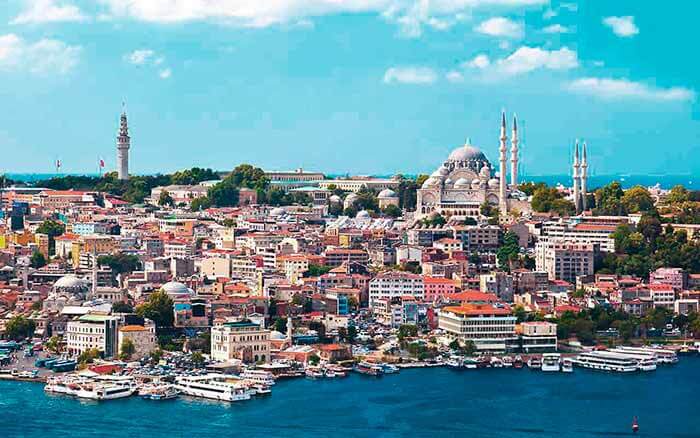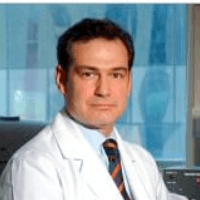
The program includes:
- Initial presentation in the clinic
- clinical history taking
- review of medical records
- physical examination
- gynecological examination
- laboratory tests:
- complete blood count
- general urine analysis
- biochemical blood test
- inflammation markers (CRP, ESR)
- blood coagulation analysis (aPTT, PT, INR)
- ultrasound of pelvic organs (abdominal or through rectum)
- MRI of the abdomen and pelvic organs (if clinically indicated, additional cost is 1200€)
- cystoscopy with biopsy and histological study (if clinically indicated, additional cost is 2500€)
- nursing services
- consultation of related specialists
- treatment by chief physician and all leading experts
- explanation of individual treatment plan
Required documents
- Medical records
- Pelvic ultrasoud (if available)
- Pelvic MRI/CT scan (if available)
Service
You may also book:
 BookingHealth Price from:
BookingHealth Price from:
About the department
The In Vitro Fertilization Center at the Medicana International Istanbul Hospital offers the comprehensive fertility treatment using modern and the most effective method, such as in vitro fertilization. The procedure involves the fertilization of the egg outside the female body. The doctors of the center are the true professionals in their field, which contributes to the high treatment success rates and the leading positions of the department at the national and international levels. The center is headed by Prof. Dr. med. Selman Laçin.
The essence of in vitro fertilization (IVF) is that the sperm cells are found with eggs in the test tube, and then they are placed in the uterus of the infertile woman. In a favorable outcome of the procedure (pregnancy), multiple pregnancy often develops and a woman gives birth to twins or triplets. The reason for this fact is that several eggs take part in the procedure of in vitro fertilization. At the request of a woman, doctors can make a reduction, namely the removal of excess embryos.
The in vitro fertilization (IVF) procedure is the best treatment method for the following pathological conditions:
- Fallopian tube obstruction or its absence (after surgical removal)
- Endometriosis and the inability to get pregnant after other treatment methods
- Ovulation disorders, including after the unsuccessful treatment
- Infertility without identified reasons
- Low or abnormal sperm morphology
- Other indications for IVF procedure
The in vitro fertilization procedure includes the following stages:
- Follicle growth stimulation
- Follicular puncture
- Sperm preparation and egg fertilization
- Embryo envelope incision
- Embryo transfer
- Pregnancy test
Each patient who undergoes IVF is assigned an individual treatment protocol. The dosages of drugs are selected according to her age, ovarian reserve, hormone levels, height-to-weight ratio, other important clinical details. The percentage of success during the IVF depends on many parameters and characteristics of the couple. For example, in women with a good ovarian reserve younger than 35 years, the probability of pregnancy after embryo transfer is 55-60%, whereas in women older than 40 years it is about 40%.
Also, to increase the chance of spermatozoa attachment to the egg cell, the doctors of the center perform an intrauterine insemination procedure. During this manipulation, the woman is prescribed medications or injections, which help to increase the number of mature eggs by two or three times. The spermatozoa are processed using the special methods, which allow to select motile spermatozoa. After the stimulation of egg release with the help of the hCG injection, the prepared sperm cells are injected into the uterus with the help of a special plastic tube, thus their path to the egg cell is shortened. Of course, the necessary condition for the implementation of such procedure is the patency of at least one fallopian tube. As a rule, if after 3 or 4 attempts the pregnancy does not occur, the doctors turn to other auxiliary reproductive technologies.
The key condition for the in vitro fertilization procedure is the documentary confirmation of the official marriage registration, which the couple should provide at the center. Regardless of any circumstances, the treatment of married couples is not allowed if the man has no sperm or the woman does not develop eggs. The reproductive cells, which will be used in the treatment, are exclusively the cells of the spouses in a registered marriage.
Curriculum vitae
Education and Professional Experience
- 1988 School of Medicine, GATA.
- 1996 Postgraduate Education, School of Medicine, Dokuz Eylül University, Residency in Gynecology and Obstetrics.
- 2002 Assistant Professor, Manisa Celal Bayar University, In Vitro Fertilization Center.
- Department of Gynecology and Obstetrics, Karolinska Institute, Sweden.
- In Vitro Fertilization Center, Tel-Aviv University, Israel.
- 2004 - 2007 In Vitro Fertilization Center, Istanbul Memorial Hospital.
- 2007 - 2008 In Vitro Fertilization Center, Istanbul Medical Park Bahçelievler Hospital.
- Since 2008, Head of the In Vitro Fertilization Center, Medicana International Istanbul Hospital.
Photo of the doctor: (c) Medicana Health Group
About hospital
The Medicana International Istanbul Hospital is a modern medical institution, which provides patients with an individual approach, excellent health service and attentive care. The hospital is part of the largest Turkish network of the Medicana hospitals. Due to its long successful clinical activities, this network has won the leading positions in the national and international medical arena. The hospital has the prestigious Joint Commission International certification.
The total area of the medical facility is about 30,000 square meters, it consists of two modern buildings. The hospital has excellent infrastructure, accurate diagnostic systems, unique computerized medical devices. To provide surgical treatment, it has 8 state-of-the-art operating rooms, as well as special equipment for minimally invasive and robotic interventions.
The main focuses of the hospital specialization include liver transplantation, bone marrow transplantation, in vitro fertilization, hair transplantation and treatment of oncological diseases. The hospital annually diagnoses and treats thousands of patients both from Turkey and European countries. It employs the outstanding medical specialists with academic thinking, who use in their work innovative technologies and the very latest drugs, as well as pay due attention to the human attitude and respect for the patient.
Photo: (c) depositphotos
Accommodation in hospital
Patients rooms
The patients of the Medicana International Istanbul Hospital live in comfortable modern rooms designed in light brown colors. The standard room includes an automatically adjustable bed, bedside table, wardrobe, shower, toilet and TV. The patient rooms have the Internet access. The hospital also provides the enhanced-comfort rooms.
Meals and Menus
The patients of the hospital are offered tasty and balanced three meals a day: buffet breakfast, lunch and dinner. Also, with appropriate clinical indications or if desired, a diet, individual menu may be provided.
Further details
Standard rooms include:
